A bowel movement that is loose or more liquid than solid is referred to as diarrhea. It is a typical issue that a person could have a few times a year. In most cases, diarrhea will go away in a week or less. If a person has diarrhea, their food is quite important. You must know the foods to avoid during loose motions. While certain meals may make diarrhea symptoms worse, others may help relieve them. Here is a list of some foods to avoid during loose motions.
Diarrhea or loose motions can put you in a very uncomfortable situation. You’re constantly going to the bathroom because your stomach hurts, which uses up all of your energy and leaves you fatigued. You can feel dehydrated because you’re losing a lot of fluids in addition to frequent stools. Here, we have explored the foods to avoid during loose motions.
Table of Contents
Side Effects of Loose Motion
Common symptoms of loose motion include nausea, vomiting, dehydration, and watery feces that are so lose you hardly have time to get to the restroom. Appetite loss, weariness, weakness, confusion, dizziness, fever, and cramps as well as abdominal pain and fatigue may arise from this.
When you have the condition, eating improperly prepared food can make your symptoms worse. Therefore, you must be very careful about what you should eat and what you should stay away from when it occurs.
Foods to Avoid When You Have Loose Motions
There are several things you can eat when you have diarrhea to aid in the recovery of your digestive system. There are certain foods that you should stay away from. Many foods can upset the digestive system and worsen diarrhea. These meals might upset the stomach and make diarrhea worse or last longer. The things you eat and stay away from while you have diarrhea can make a big difference in how quickly you recover.
1. Dairy Products
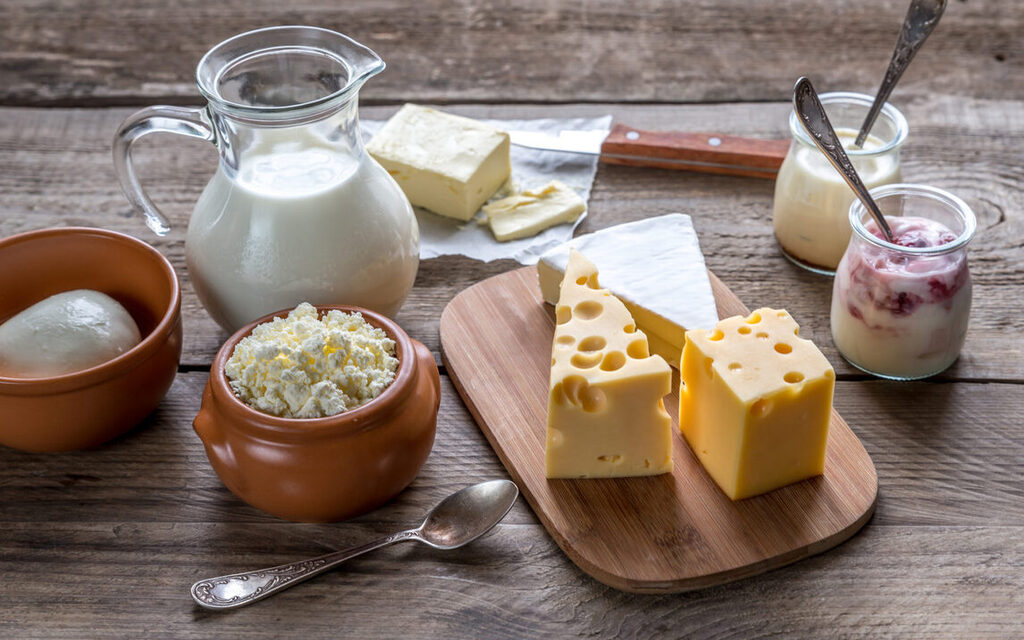
You must stay away from dairy products like milk, cheese, and butter since they contain lactose, a type of sugar that could make your symptoms worse. Since dairy products are frequently known to stimulate the digestive system, it is advised to avoid them if you experience frequent loose stools. Yogurt, on the other hand, includes active enzymes that replenish the good bacteria in your gut, so eating it can really be beneficial. Dairy products could make you feel bloated.
2. Sugary Foods and Artificial Sweeteners
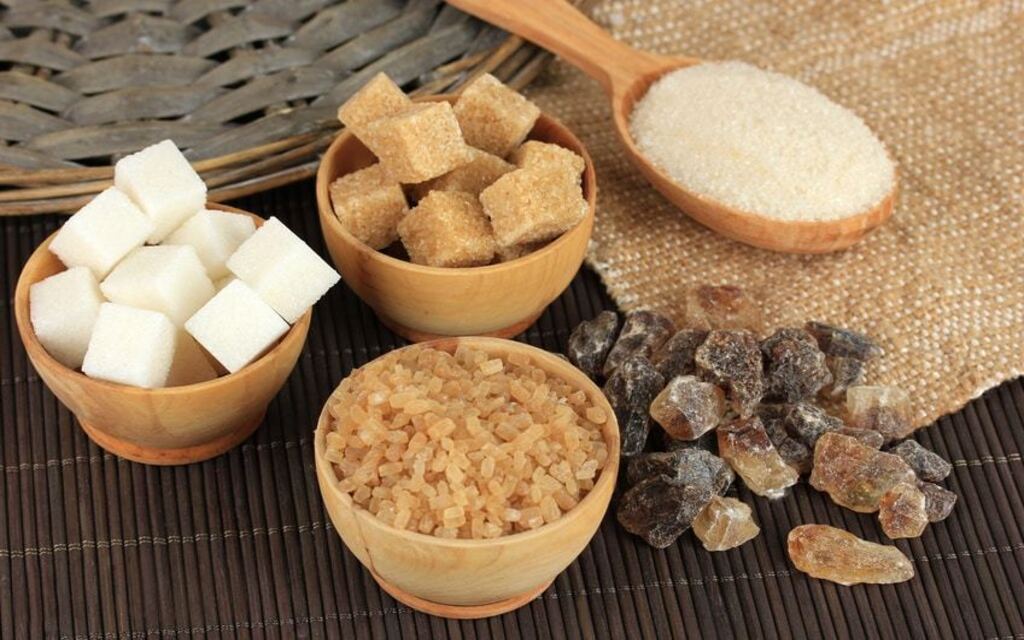
Abdominal pain, watery stools, increased gas, and cramps are frequently associated with sugar binge eating. Fruit’s fructose and refined sugar, which are utilized in processed foods, baked products, and your daily cup of tea or coffee, can draw water into the large intestine or stop it from absorbing the water, which causes more loose movements. Sugar may cause watery stools by luring water into the intestine.
The sensitive bacteria in the colon may be upset by sugars that enter the body, worsening diarrhea. Fruit juices, high-sugar fruits, confectionery, and sweet baked goods will all include these sugars. Artificial sweeteners should also be avoided by those who have diarrhea since some of them may have a laxative impact.
3. Spicy Foods
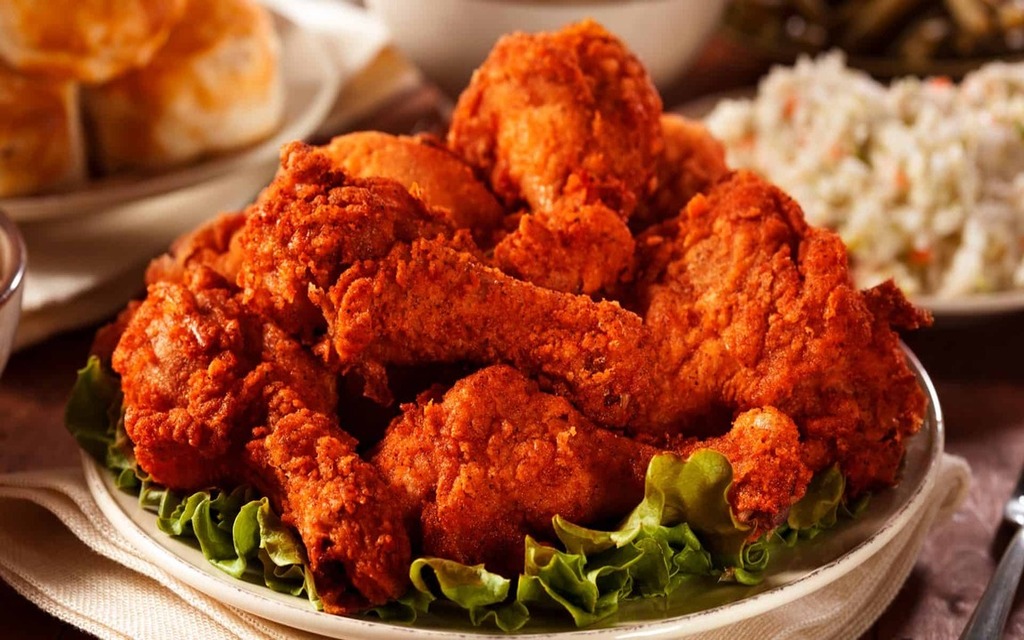
Masalas and spicy peppers are frequently reported to aggravate the stomach lining. In an effort to calm you down, the body may see this as a problem and send more water to your belly. This extra water speeds up the digestion process in your intestines, which could ultimately result in loose stools.
The digestive system may become irritated by spicy ingredients. Bleak foods have the lowest potential to irritate the digestive tract, therefore those who are experiencing diarrhea should avoid straying from them.
4. Fried or Fatty Foods
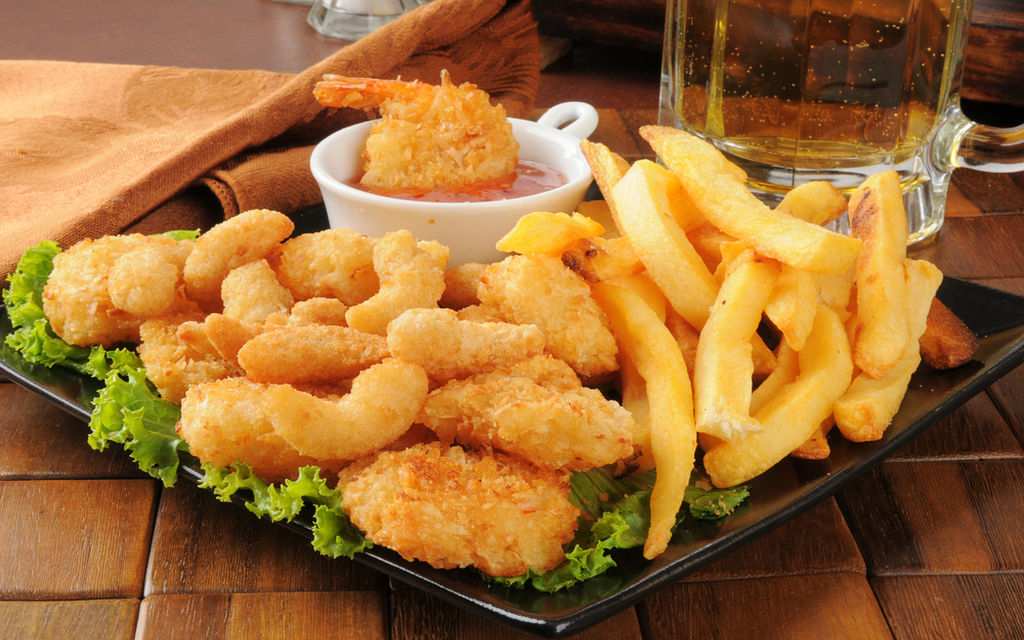
Intestinal contractions are known to be accelerated by fatty meals. Foods that are fried, oily, or filled with cream and other fats need to be strictly avoided. Foods high in fat are known to enhance bowel movements and trigger reactions in the body’s already sensitive system.
When recuperating from diarrhea, it is not suggested to consume foods high in fat or oil. The delicate digestive system may have trouble processing additional fats and oils from frying, which would likely aggravate symptoms.
5. Fruit Juices
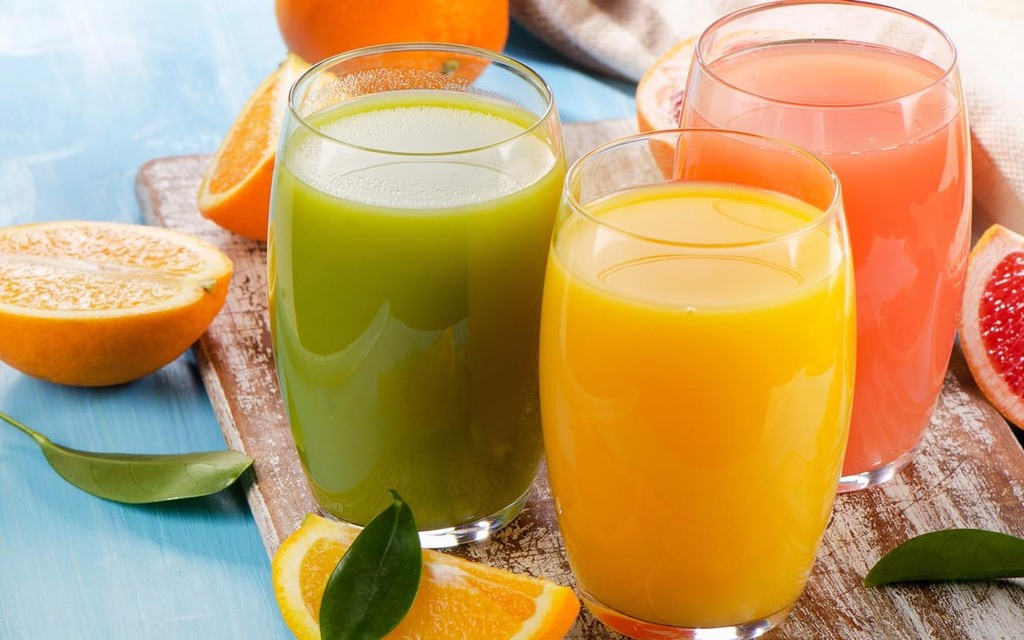
Juices should not be consumed, even if drinking lots of water is advised to replace the fluids your body loses when you frequently visit the bathroom and prevent dehydration. Sorbitol, a non-digestible sugar, may be present in juices. These juices could include concentrated sugar, and too much sugar can harm your delicate gastrointestinal system. Juices may also include sorbitol, a non-digestible sugar that while being digested draws water from the bloodstream into the intestines, which might make things worse.
6. Some Vegetables

Some vegetables, such as broccoli, cabbage, beans, onions, and cauliflower, should be avoided since they often result in gas in the stomach during digestion, which may exacerbate symptoms if your system is already weakened. Eat lean proteins and boiled or steamed vegetables as an alternative.
7. High Fiber Foods
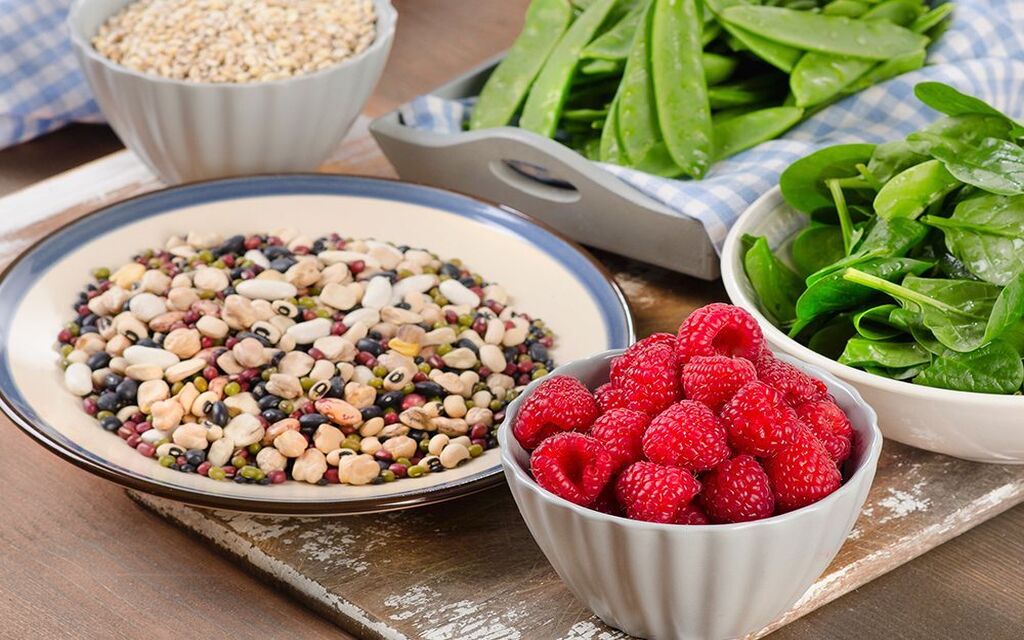
The same is applicable to whole grains high in fiber. Foods high in fiber may induce laxation. They are nutritious, however, because they have a laxative effect, they could not actually help if you have loose motions. To put it simply, they bind with the water in your stomach and stimulate bowel motions, which may cause you to frequent the bathroom more frequently. Furthermore, since your digestive processes are a little slower, it could result in the gaseous build-up, which would exacerbate your issues.
The digestive system remains active due to fiber. Normally, this is advantageous, but fiber may exacerbate the symptoms of diarrhea while the body is trying to heal itself.
Foods high in insoluble fiber include:
- grains that are entire, like wheat, rice, and barley
- whole grain baked dishes or bread
- grain-based foods
- seeds and nuts
In fact, soluble fibers, like the pectin in apples and bananas, can aid in the healing of diarrhea. A person should nevertheless make an effort to reduce their intake, at least the first day that they have symptoms.
8. Caffeine

It is advised to avoid it even though you might not be able to get through the day without a cup of tea or coffee. Caffeine may cause the gut to contract more quickly, causing food to flow through the system more quickly without being completely absorbed. Your digestive problems could possibly get more acidic as a result of it.
9. Alcohol

Have you ever overindulged in drinking one night and the next morning felt sick to your stomach? Well, it happens frequently. Alcohol can hasten digestion, which affects how well your body can absorb water. This is the reason you might have experienced loose motions frequently when you were inebriated. Alcohol can make digestion more rapid.
10. Other Foods Not to Eat
Other foods that may aggravate diarrheal bowels include:
- legumes like chickpeas, beans, peas, and lentils most processed, packaged foods, such as almonds and fresh veggies
- foods like cabbage, broccoli, and cauliflower that cause gas in the intestines
What Not to Drink
Coffee, tea, and soda all contain caffeine, which may overstimulate the digestive tract and exacerbate the symptoms.
Carbonated beverages may aggravate or exacerbate additional symptoms including cramping and bloating. Alcohol should also be avoided by those who have diarrhea.
Despite the fact that many sports beverages contain electrolytes that may prevent dehydration, they frequently also contain extra sweets or artificial sweeteners. Coconut water and water with added electrolytes are both suitable substitutes.
In the End:
It can be exceedingly exhausting and inconvenient to deal with diarrhea and loose motions. Nevertheless, you can recover extremely rapidly with the right diet and rest. You should contact a doctor for proper care and treatment if your diarrhea persists for more than a few days.
Image credit: Yandex.com
Also Read: What to Eat in Loose Motions?




